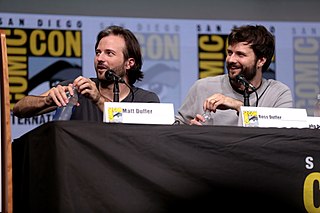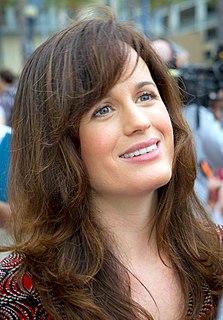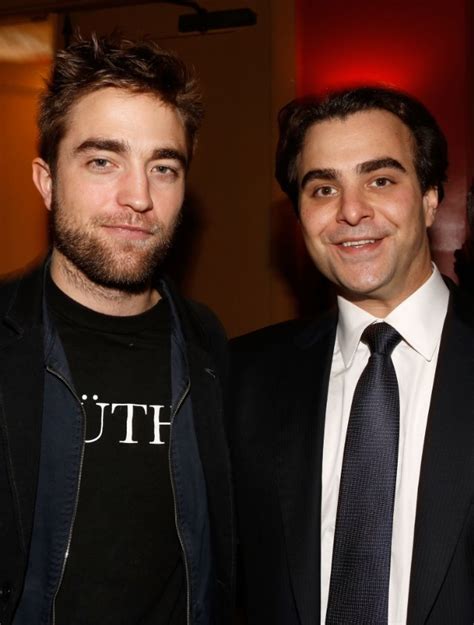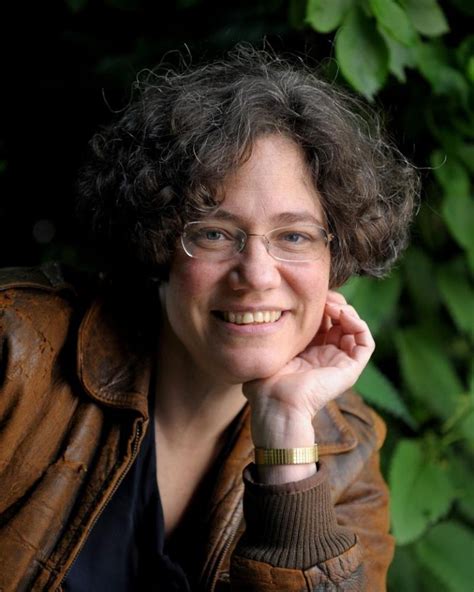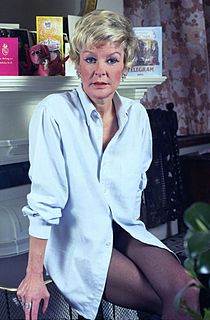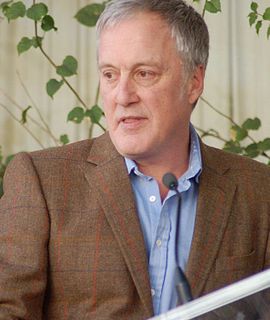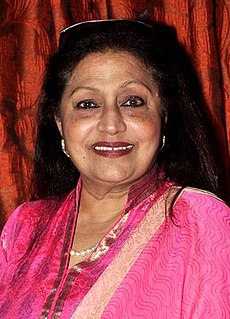A Quote by David Mamet
The main question in drama, the way I was taught, is always, 'What does the protagonist want?' That's what drama is. It comes down to that. It's not about theme, it's not about ideas, it's not about setting, but what the protagonist wants.
Related Quotes
If I have a male protagonist, it's a studio movie, and if it's a female protagonist, it's an indie movie. That's just how it is. It's not about the studios. It's about America and who goes to see movies. Women are interested in men and women, and men aren't interested in the woman's story. They just aren't.
The first thing our Chapman screenwriting professors taught us was that all stories share one thing in common: there is a protagonist, and that protagonist has a goal that he or she has difficulty achieving. Does Luke Skywalker become Luke Skywalker if he doesn't get pulled into the Death Star, if his best friend isn't turned into carbonite?
Free will is something that people struggle with so much, but it's very simple to me. Carl Jung said at the same moment you're a protagonist in your own life making choices, you also are the spear carrier, or the extra, in a much larger drama. You've got to live with these two opposite ideas at the same time.




